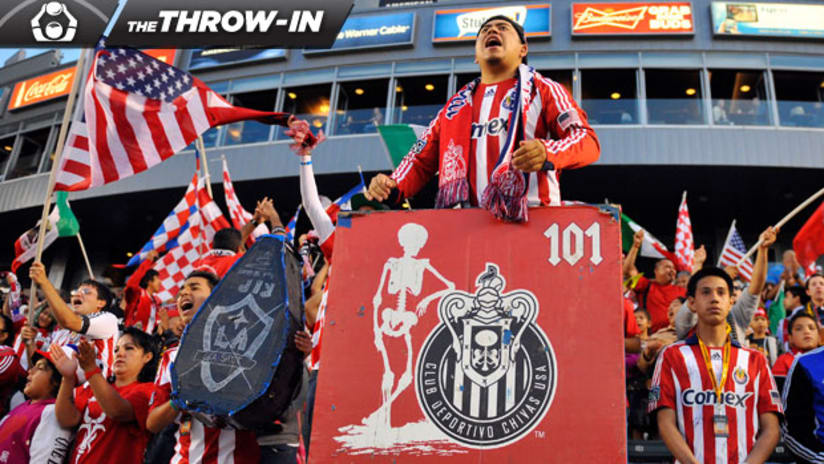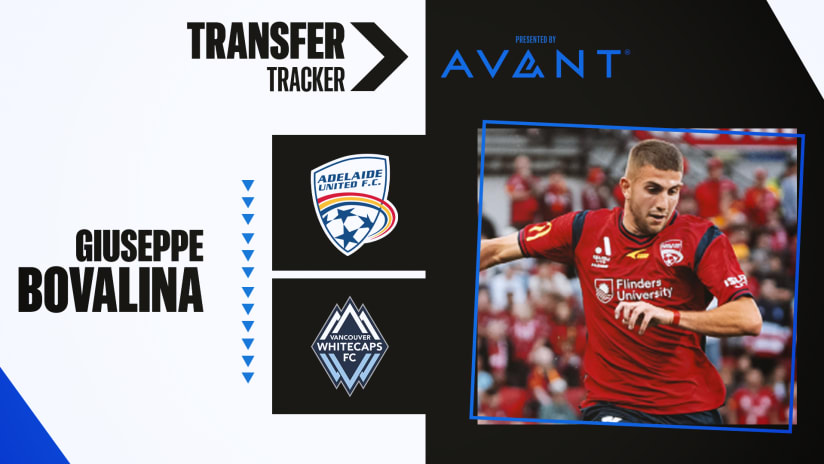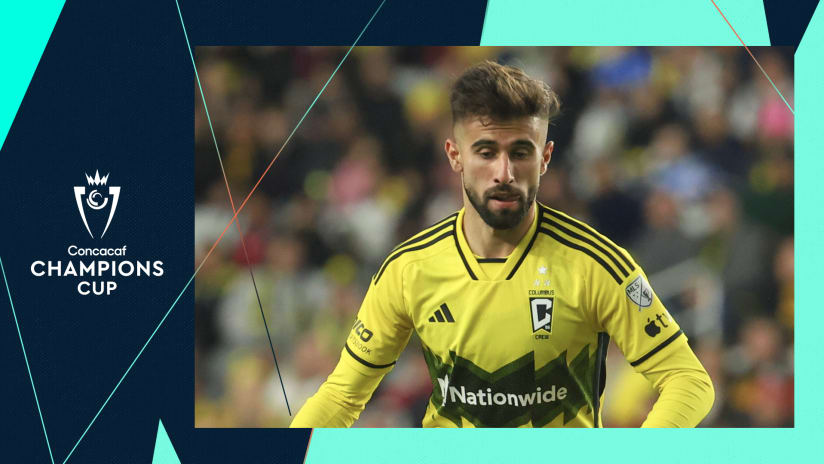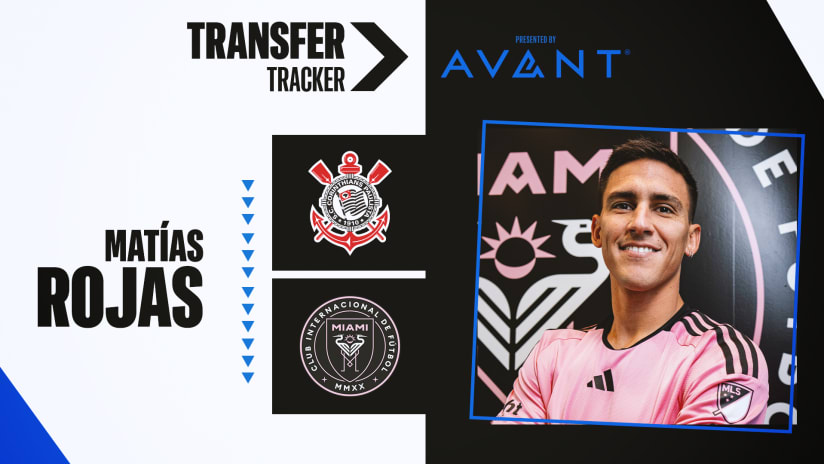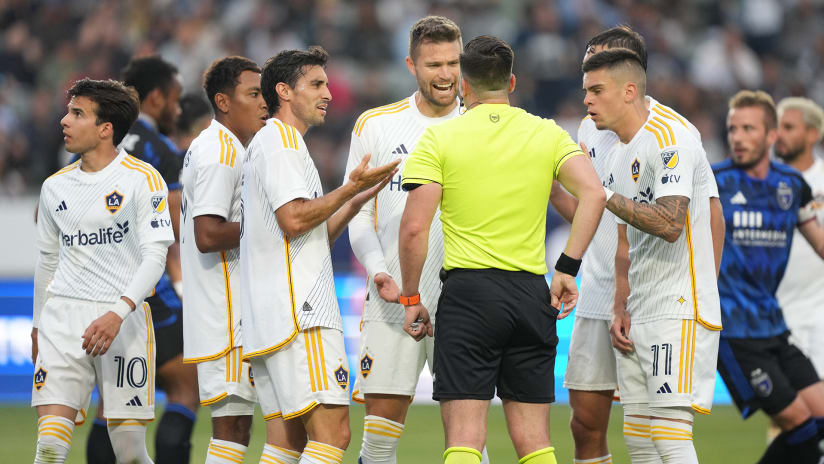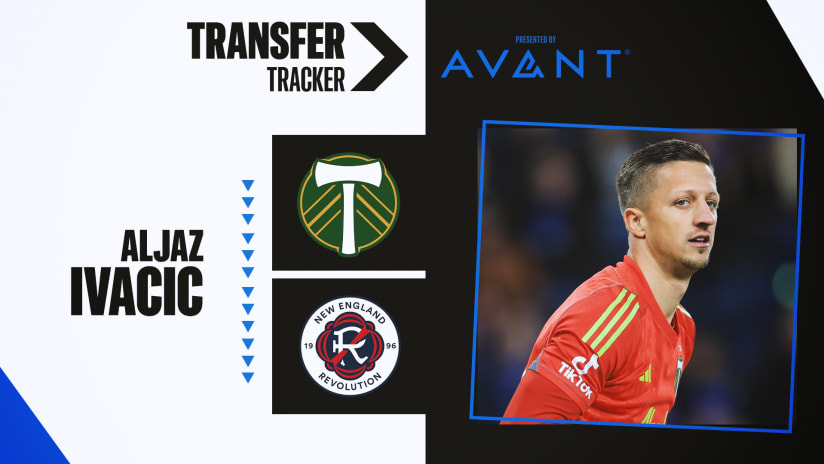Welcome to the 2014 season of Major League Soccer.
Week 1 is already in the books, but here’s what you’ve got to look forward to: There are more Designated Players, more Homegrown protégés and more US national team starters (and an increasing number of Canadian national teamers) in the league than ever before.
All but four teams have former MLS players as their coaches, a direct link to the pitch that’s unprecedented in this league.
It’s possible there will be more competition than ever across the board. We’re only a week in, but last year’s clunkers – Vancouver, Columbus, FC Dallas, even Chivas USA – put on debut displays that suggest they might be sleepers to contend with this year.
But there’s another big reason to enjoy 2014: It’s the last year of MLS as you know it. Because this league is changing forever after this season, and all that talk about slow, controlled growth is about to speed up in a hurry.
Here’s what you need to appreciate now before it goes away:
The small, intimate league. It’s been a long time since MLS was at 10 teams in the dark days of 2002. In a decade, the size of the league has almost doubled. Even this season, at 19 teams, MLS is more or less at the threshold of most first divisions around the world.
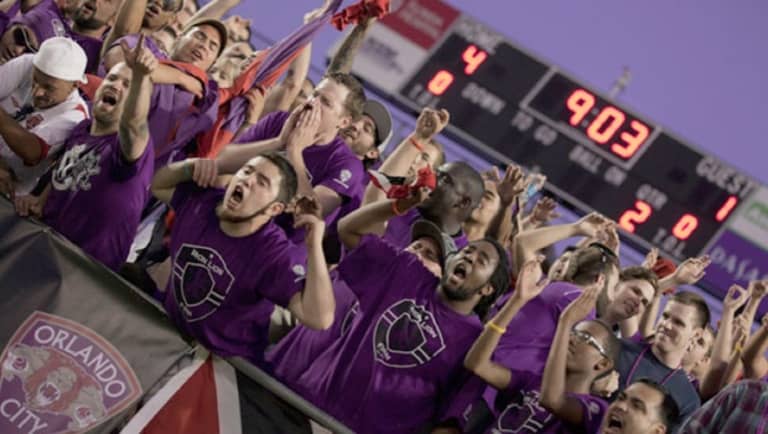
But once New York City FC and Orlando City join next year, this league will be blowing the doors off conventional wisdom. Add in what looks like
the inevitable expansion teams in Miami and Atlanta
, and then Team No. 24 (wherever that may be), and MLS will be the largest top-flight league on earth. And it’s not even close. No country in the modern era of the game has successfully dealt with that kind of size and scope at the top-flight level.
The Southern excuse. Since the contraction of Tampa Bay and Miami in 2002, the chatter has been, for one reason or another, that MLS can’t survive in the South. But that’s changed.
As the demographics of the country have shifted and the demand for the game has grown, it’s become painfully obvious that zero representation in a part of the country that’s home to nearly a quarter of the entire population is a big mistake.
When Orlando kick off as an MLS team in 12 months’ time, it’ll be a huge victory for the Southeast. And if Atlanta does indeed get its team, it’ll be an unprecedented first foray into the Deep South. Add in Miami, and that goes a long way toward trying to satisfy the demands of nearly 80 million potential MLS fans. Then maybe the talk will shift to the underserved Midwest.
The final days of the weakest link. As MLS Commissioner Don Garber has repeated over and over again, MLS is only as good as its weakest link. And it’s been no question in anyone’s mind to whom he was referring. The league’s repurchase of Chivas USA at a significant cost is a bold move to reverse one of its biggest mistakes.
This season is the last time you’ll be able to see this team in its current incarnation. The Chivas USA brand will disappear come the fall, but Los Angeles’ second team will soon be playing for a new owner, wearing new colors, sporting a different badge and, hopefully within the next few years, playing in its own home for the first time.
The inferiority complex. It’s happening already. MLS is not yet the league of choice it wants to be, where it can pull down the biggest stars in the game while they’re in their prime. But it’s getting there.
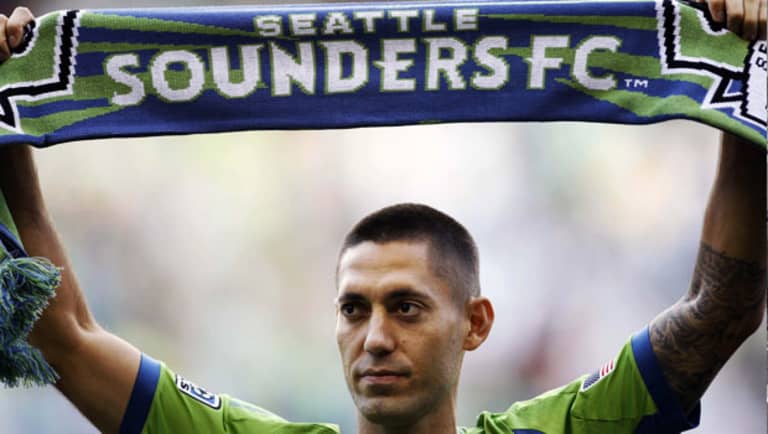
There’s no way MLS teams could’ve convinced
Clint Dempsey
and
Michael Bradley
to return home as recently as five years ago. And yes, the money Seattle and Toronto, respectively, were able to offer those players is certainly significant.
But the idea that MLS could convince US national teamers like Michael Parkhurst and Maurice Edu to return in order to chase their World Cup dreams is a new phenomenon. That goes double for the concept that the starting goalkeeper of this summer's host nation and title contender could spend a spring in MLS to get in World Cup shape. Yet that’s the case with Júlio César at Toronto FC.
This trend is probably going to continue, especially with new clubs entering the league and looking to resonate with their fan base. Yes, hooking a big fish like Zlatan Ibrahimovic or Cristiano Ronaldo – somehow – would be huge. But making the argument to US and Canadian national teamers that their best fit is here at home alongside developing youngsters and improving crops of foreigners is more important for the league’s health.
There’s also the small matter of that little tournament in Brazil this summer, where somewhere north of two dozen MLS players will be headed to the World Cup with their respective national teams. That’ll be a record high for any World Cup during MLS’ existence, as will the number of teams with MLS representation: as many as seven.
Yes, the US national team – with as many as 13 MLSers on the roster, and a potential seven MLS starters – could flame out of the Group of Death spectacularly. And the other dozen or so MLSers across World Cup rosters may not contribute.
For some, the knee-jerk reaction will be to knock the quality of MLS. Others will rush to its defense. But the facts are this: MLS isn’t where it was 12 years ago. It can withstand a blow like that potential perfect storm. As we repeat again and again, there’s so much work still to be done that nothing is guaranteed.
But there’s something about that momentum of progress and growth that says everyone’s patience is on the cusp of paying off. Even if it doesn’t, the direction the league is going in is still forward. And that hasn’t always been the case.
Which brings us back to MLS in 2014. For the most part, it’s a mature product. But it’s still evolving and growing. This season will, no doubt, be big. One day, maybe we’ll all look back and remember this season as the last one of a bygone era.
Jonah Freedman is the managing editor of MLSsoccer.com.

